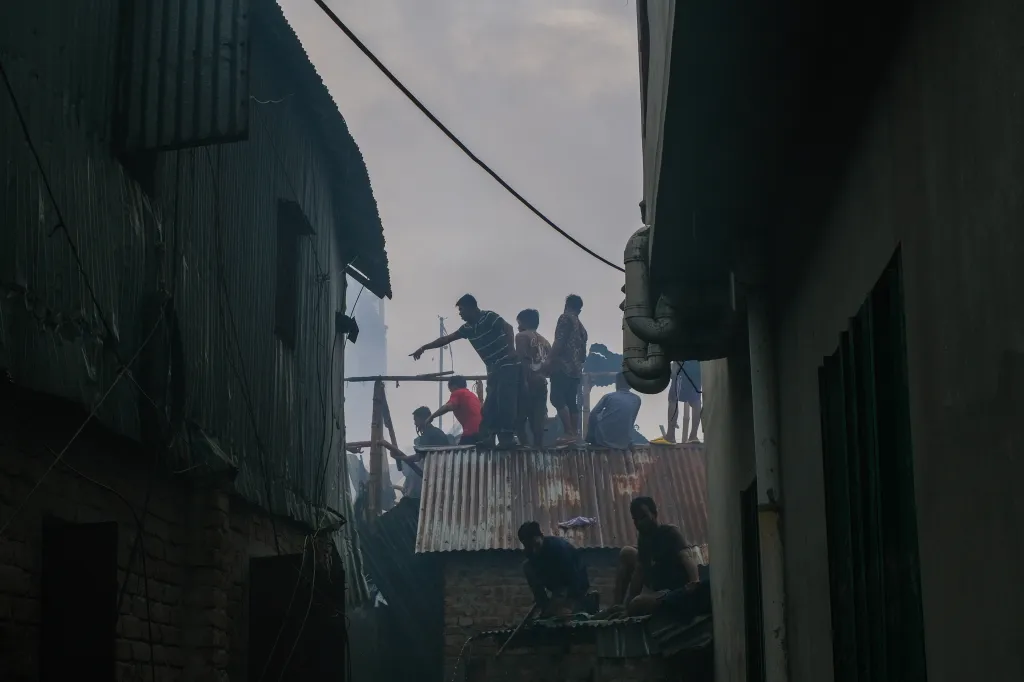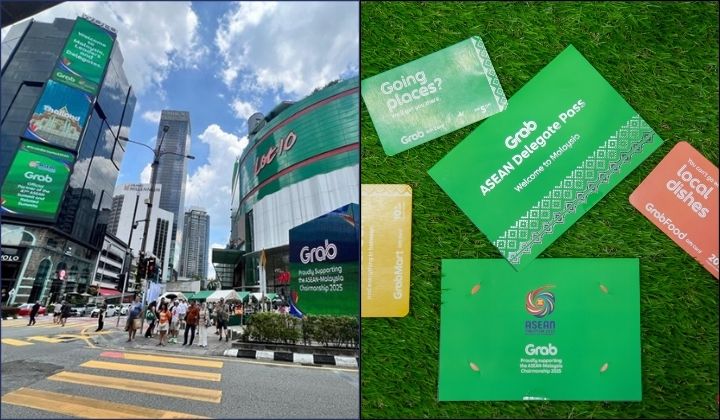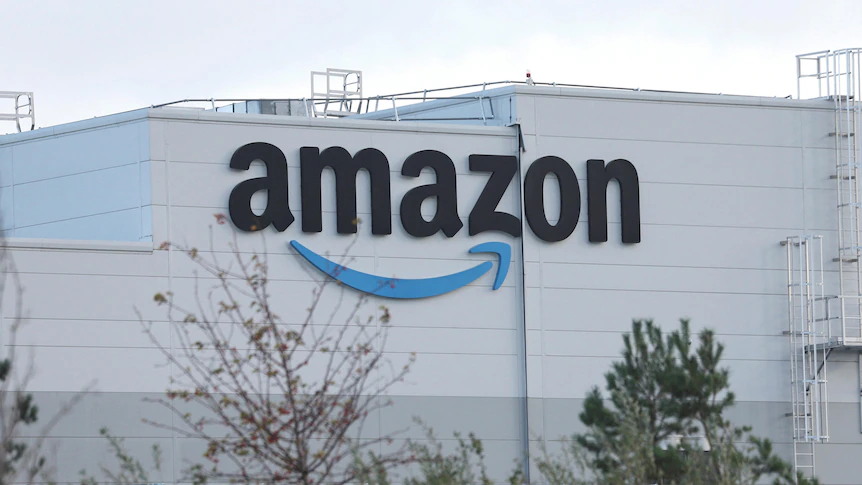Copyright thedispatch

In short—and this is bad luck for the poorest countries—the dynamics of the development process seem to have changed. Not only must many of the ingredients talked about in economists’ and historians’ theories be acquired and nurtured (land reform, property rights, governance, political freedoms, the rule of law, functioning institutions, etc.), the speed with which the “cooking” process must take place has increased exponentially. What might have been enough to get one moving forward 40 or even 20 years ago is now barely enough to keep from going backwards. As Thomas Friedman cogently observed in 2021, “it’s harder to be a viable country today.” Globalization, technology, demographics, and other factors have played a role in making the climb steeper and the road bumpier. People’s expectations have risen, in part due to social media and telecommunications access. People everywhere are less patient, and a steady increase in migration is one result. All of this bodes badly for the world’s poorest, and for the prospects of the U.N.’s sustainable development goals.



